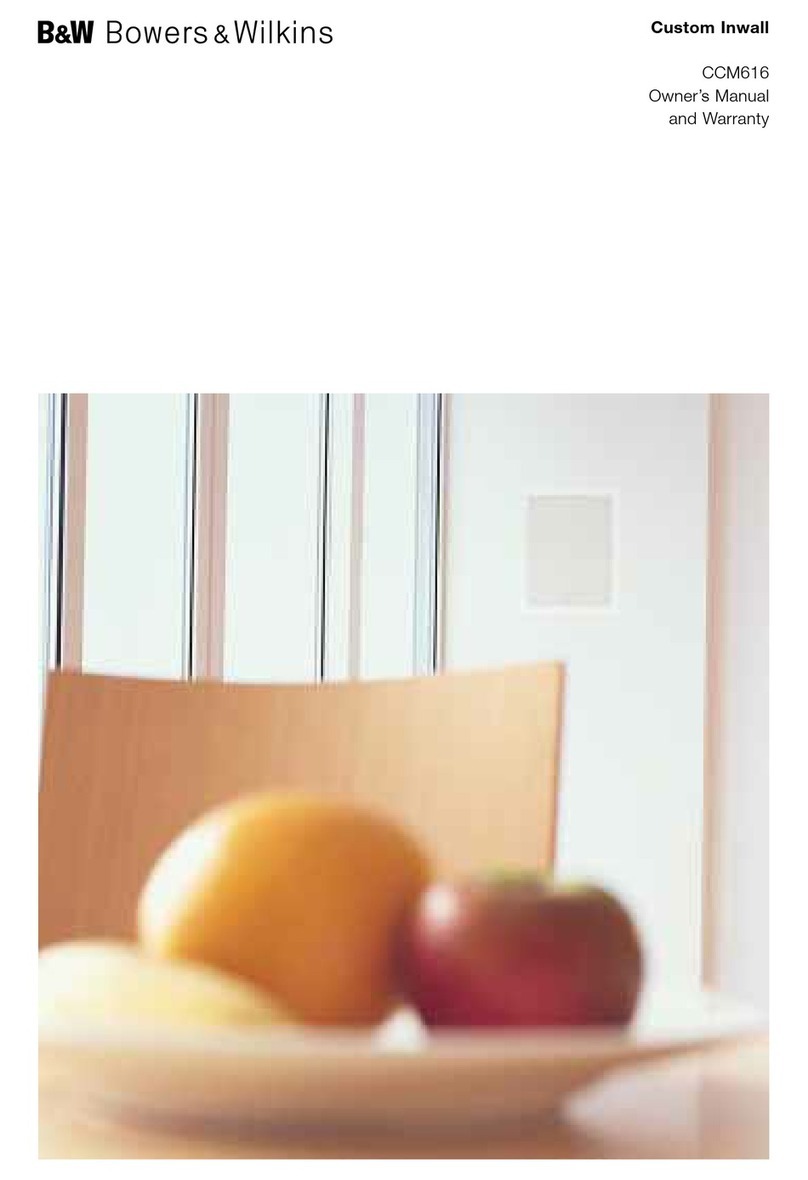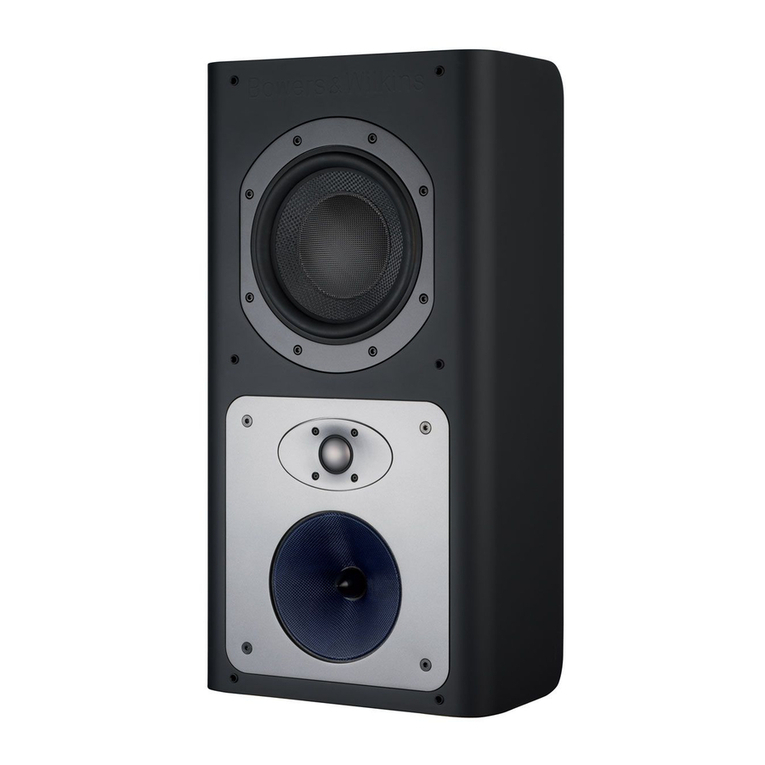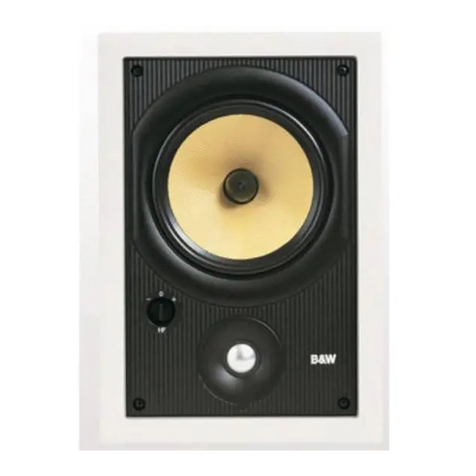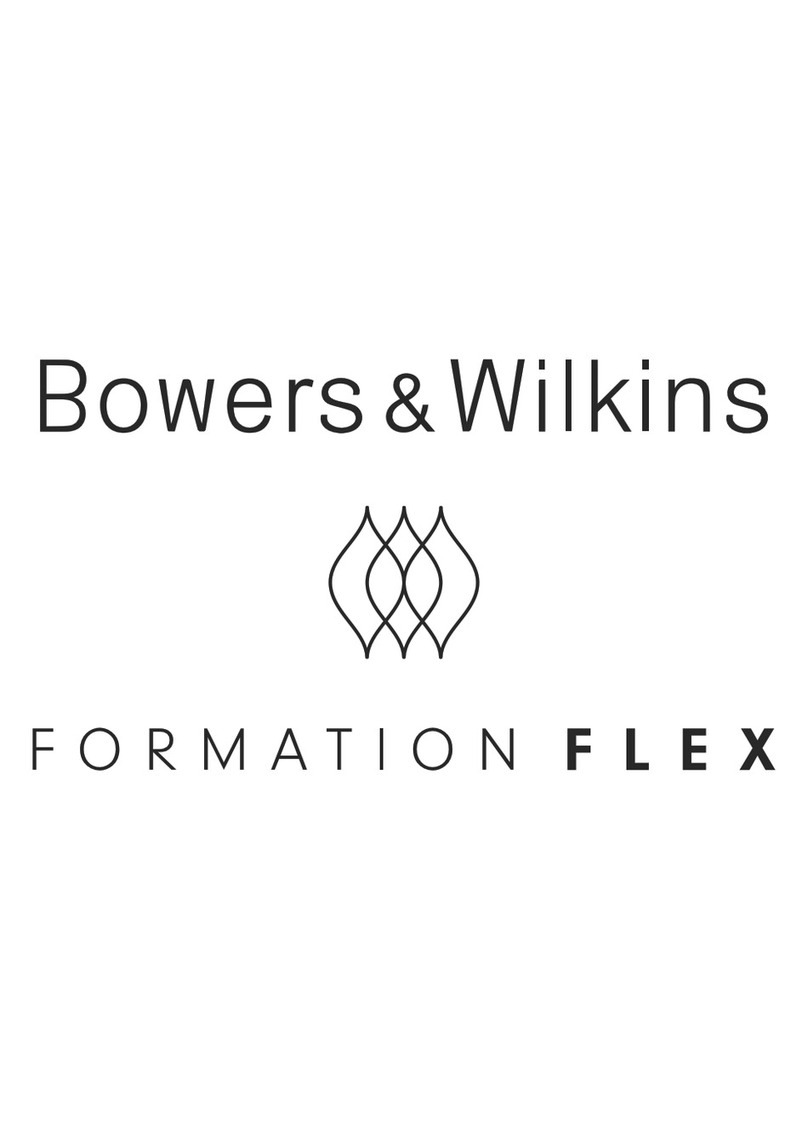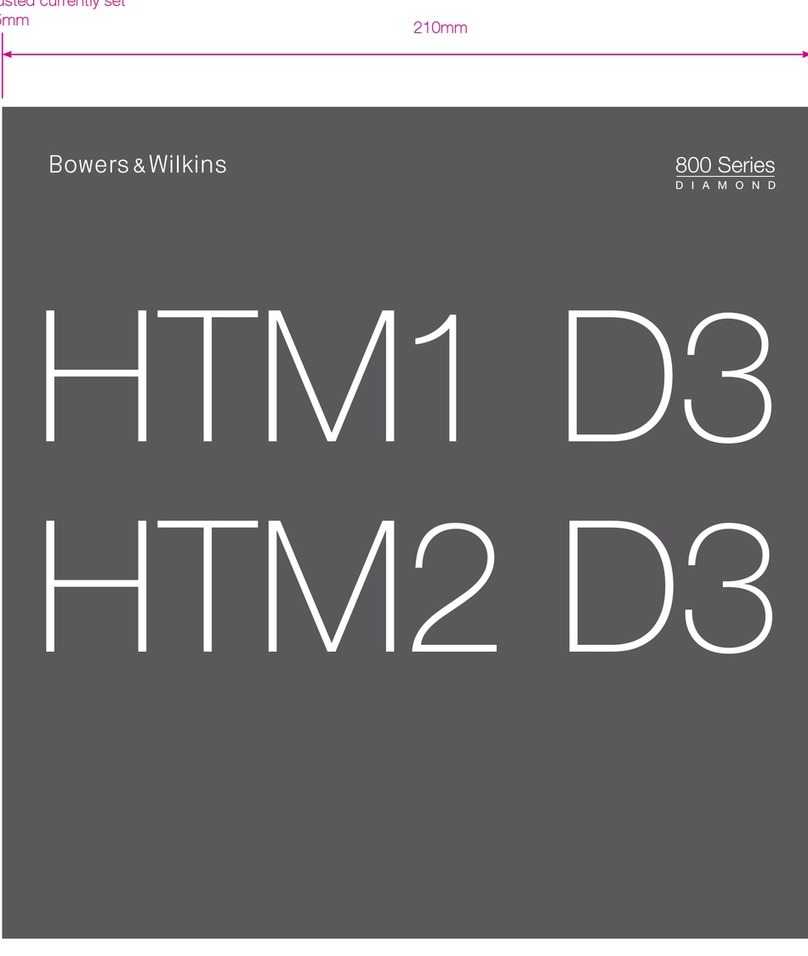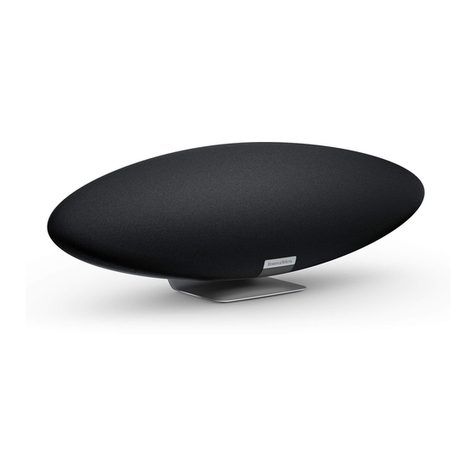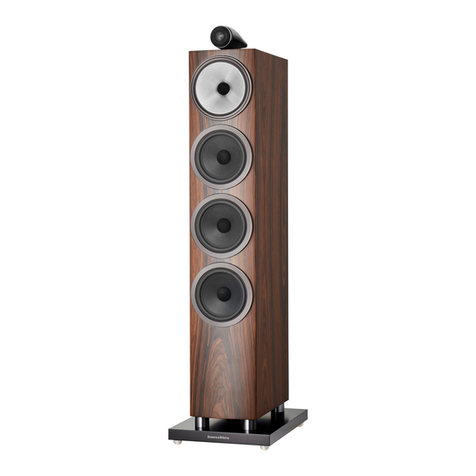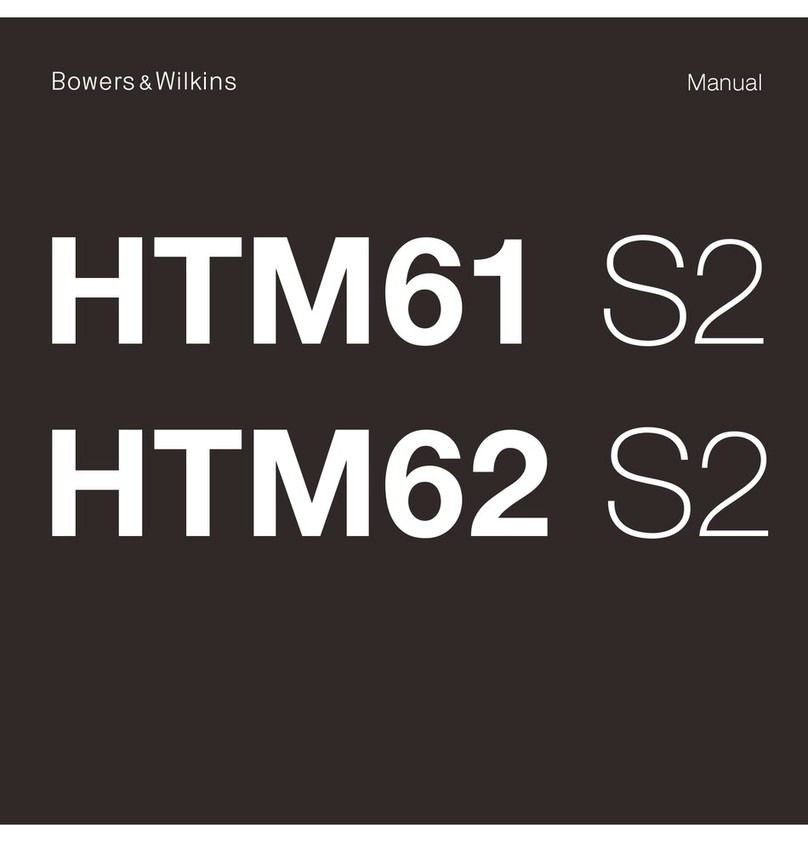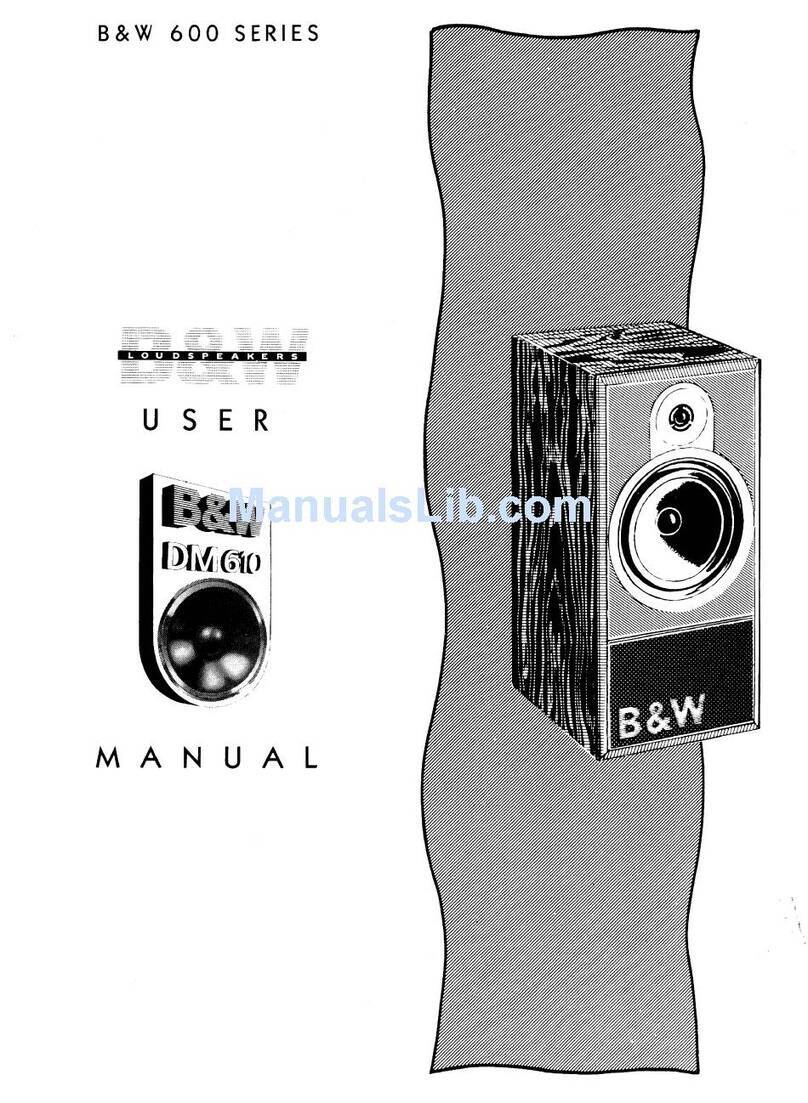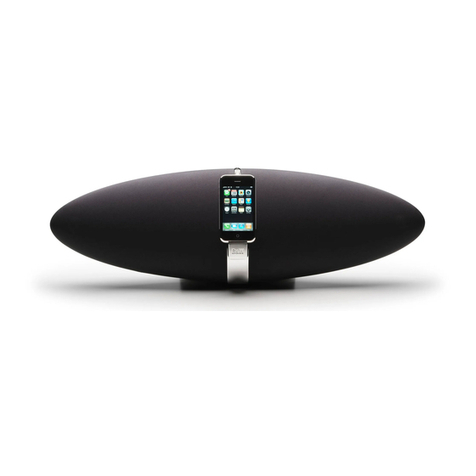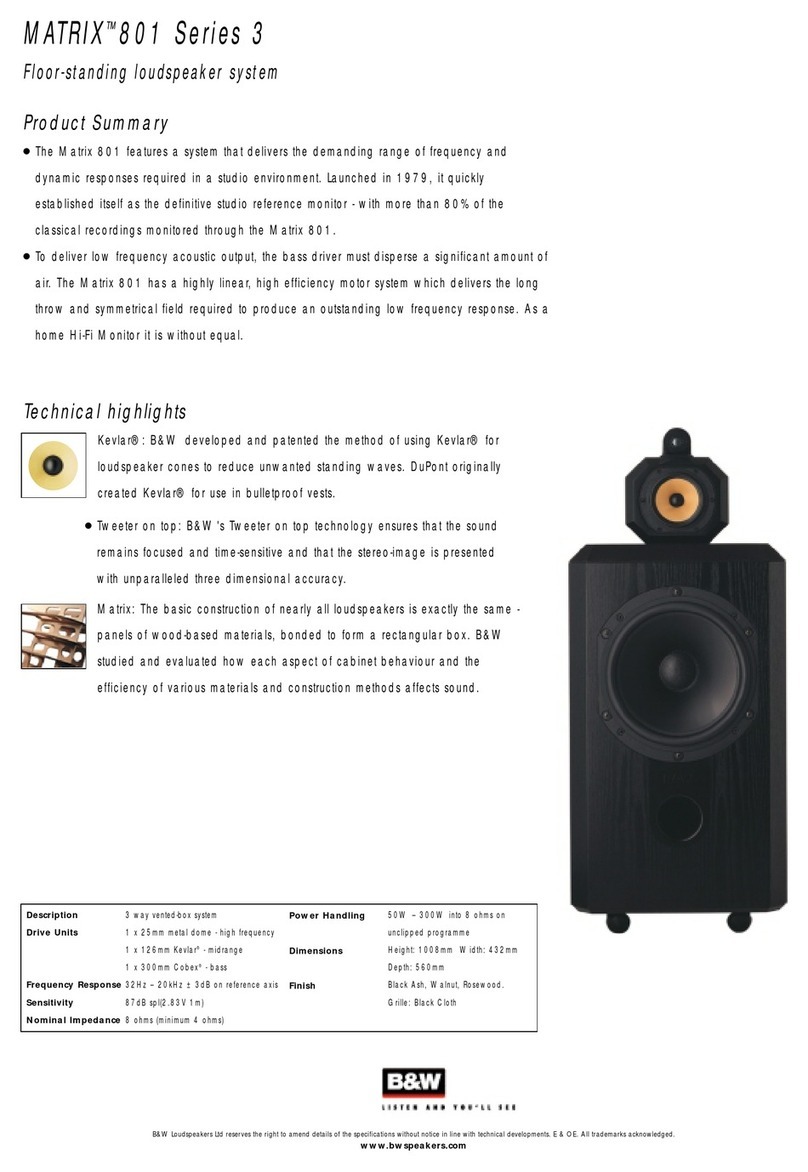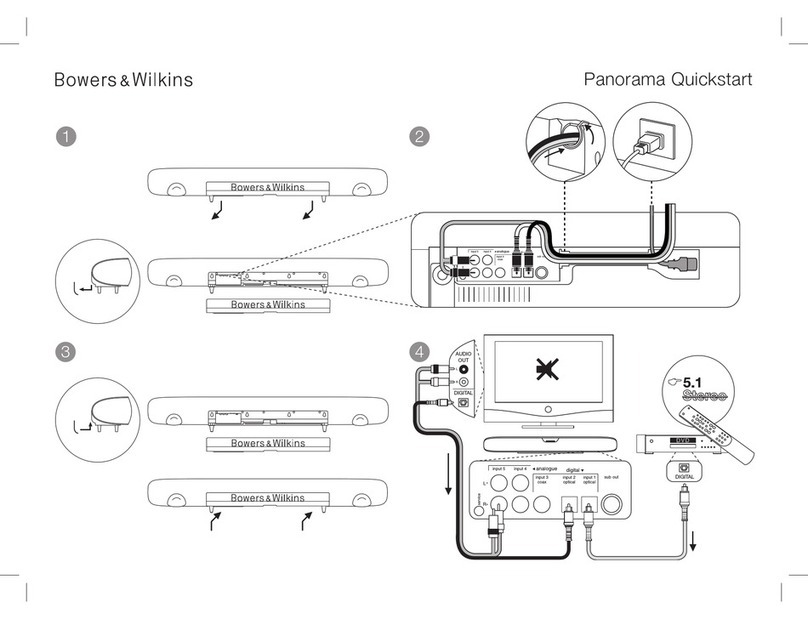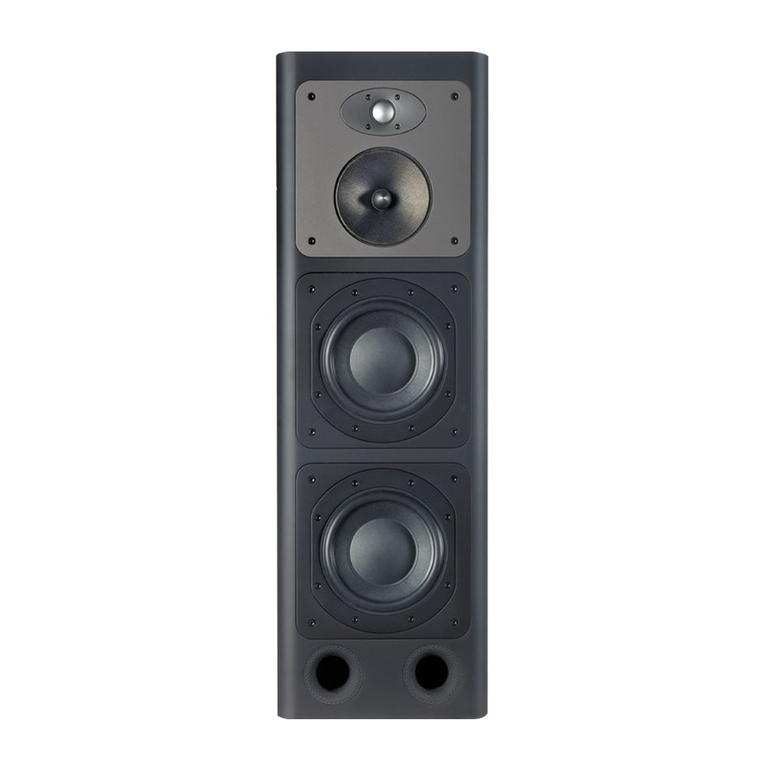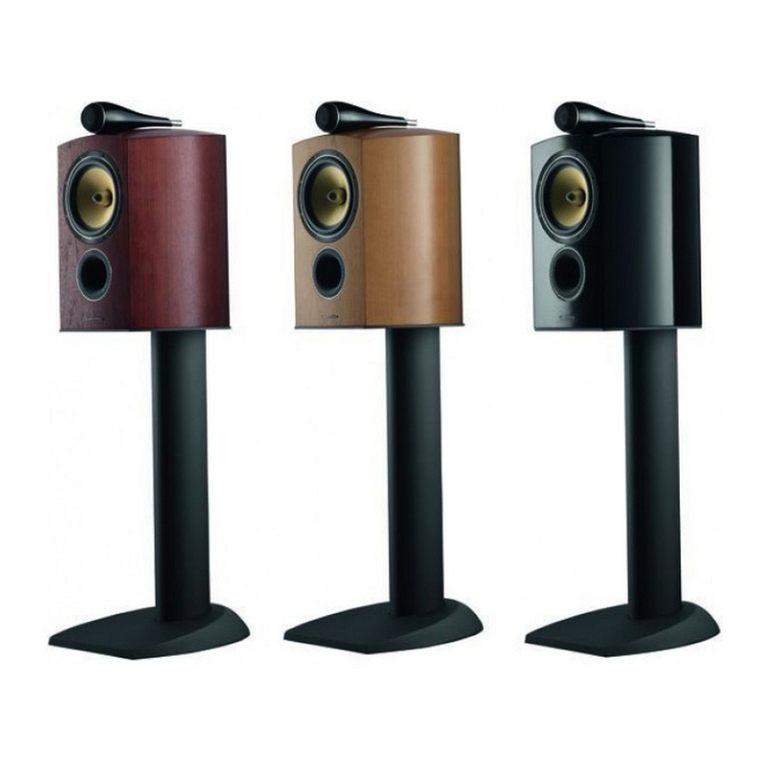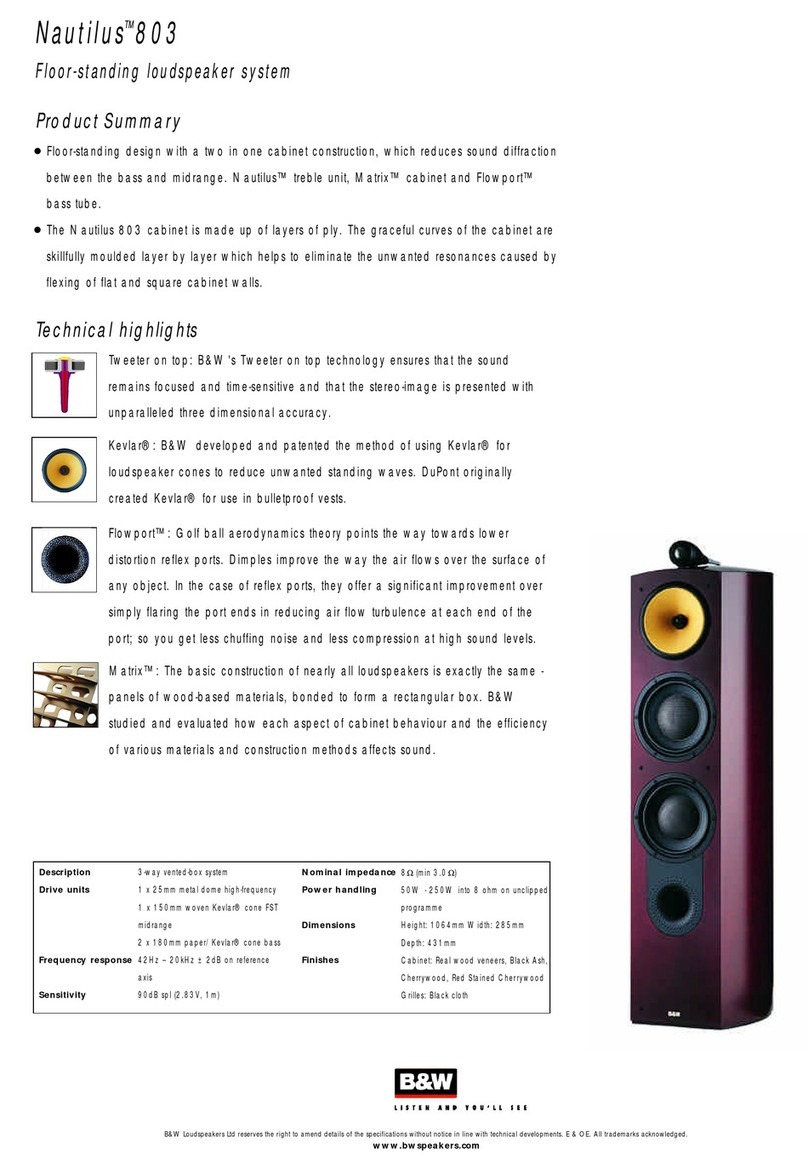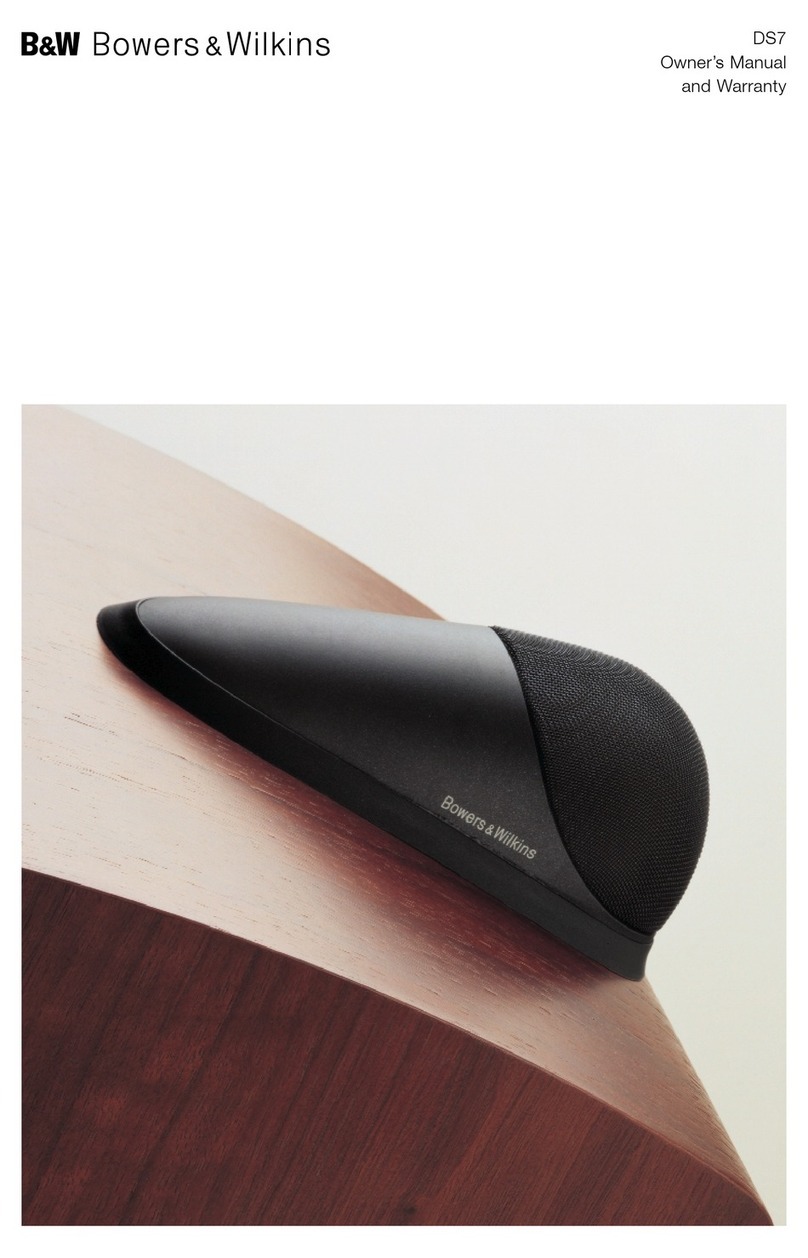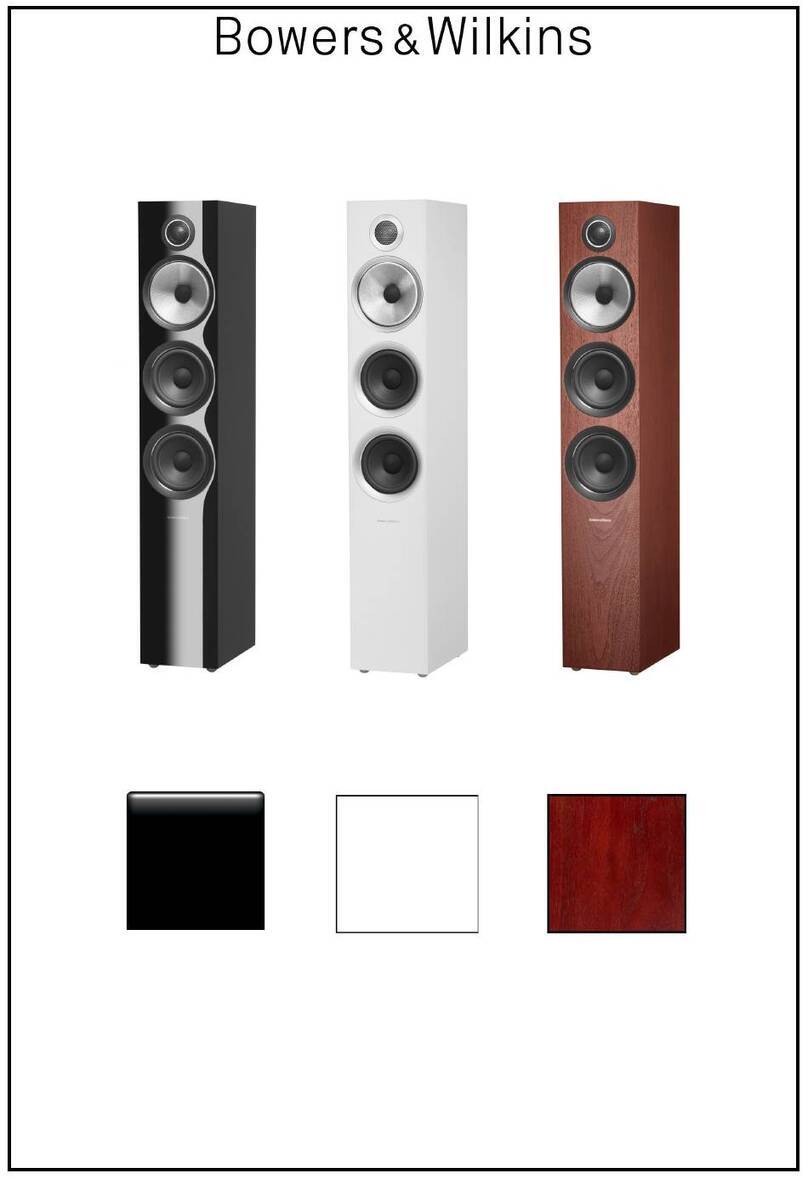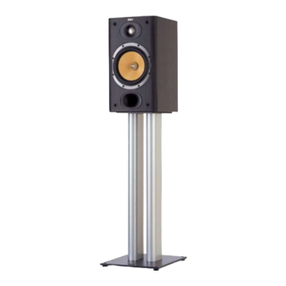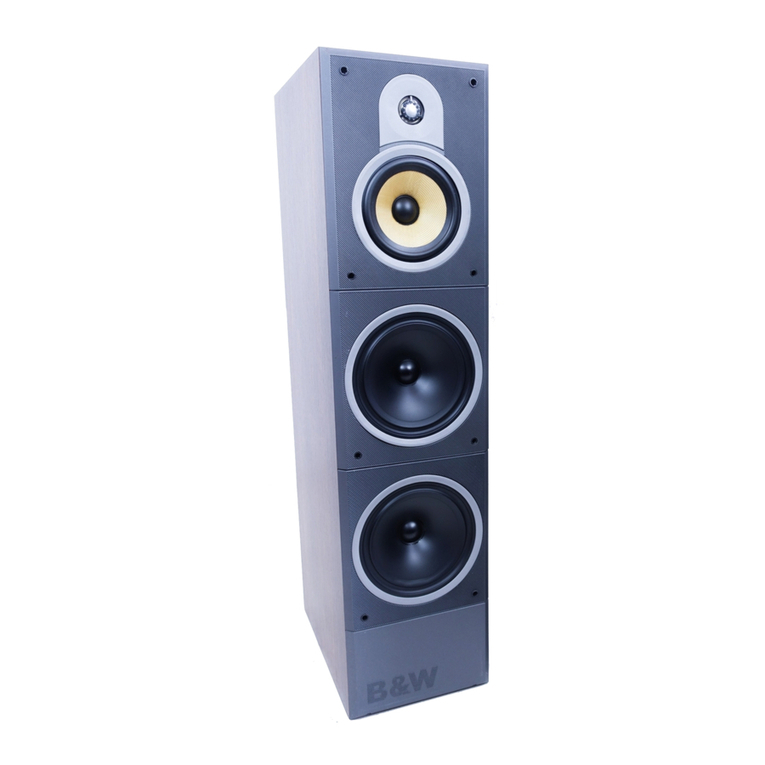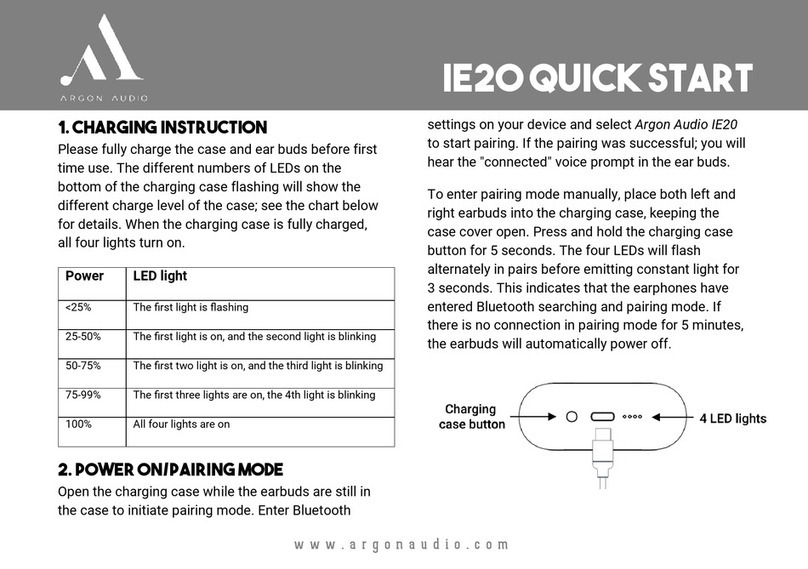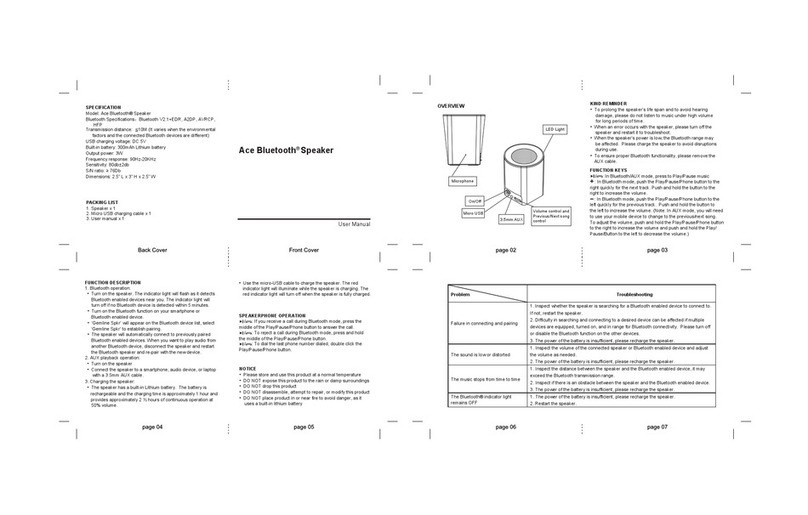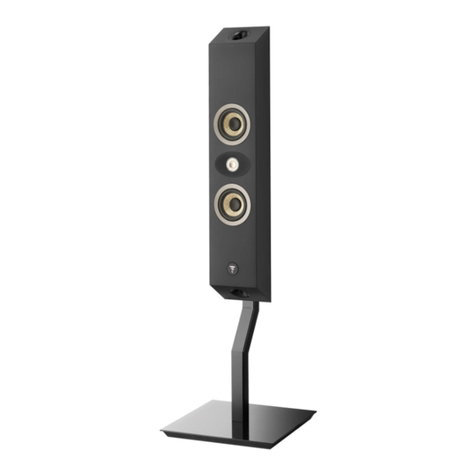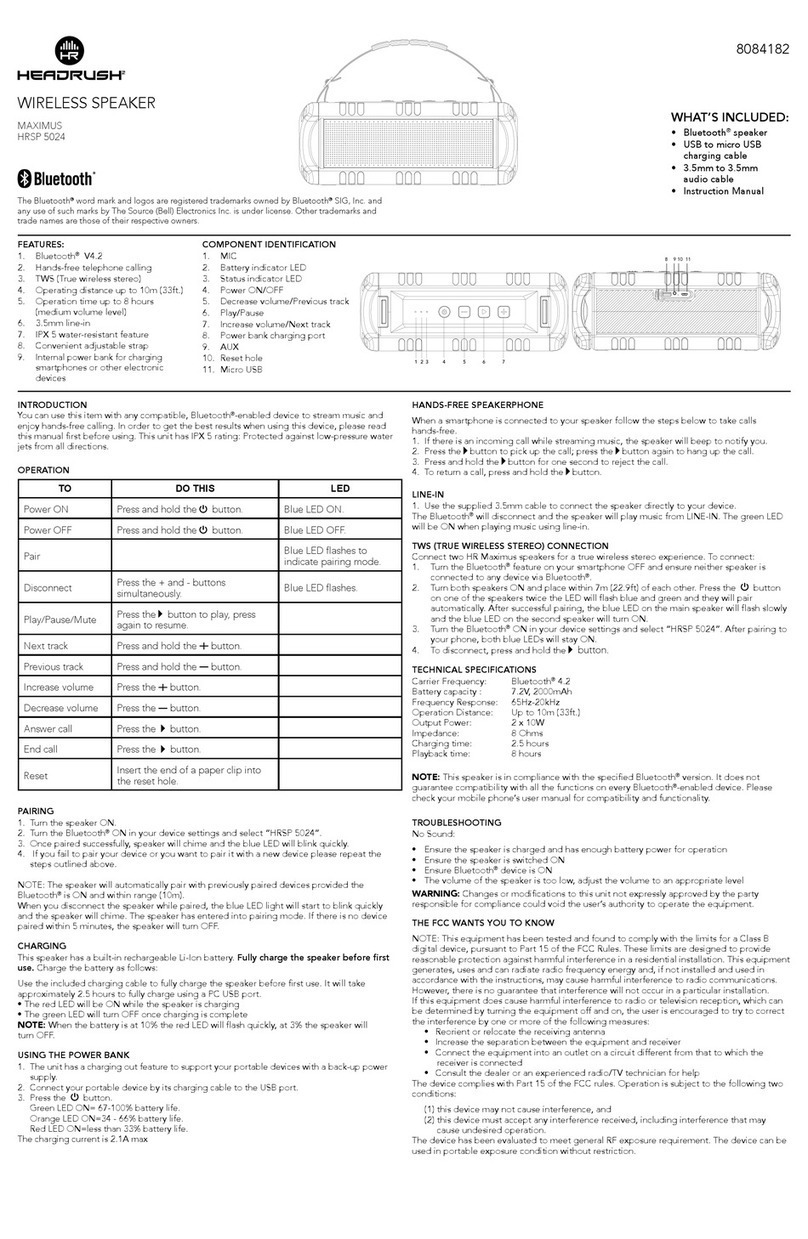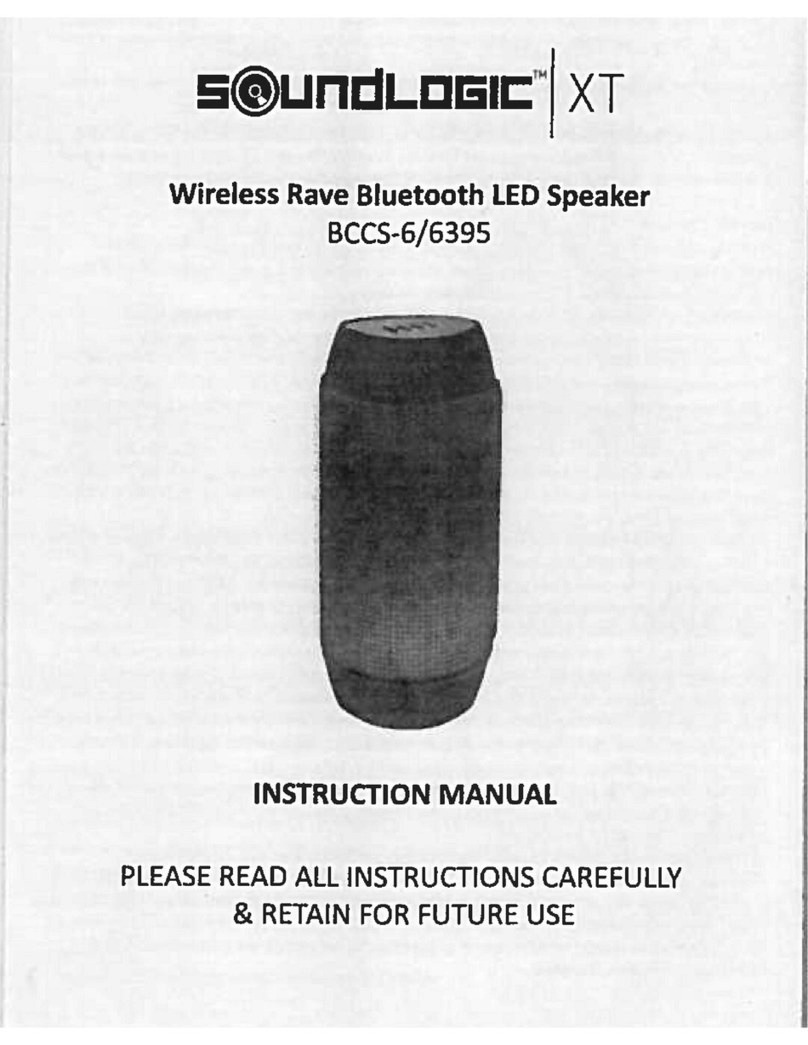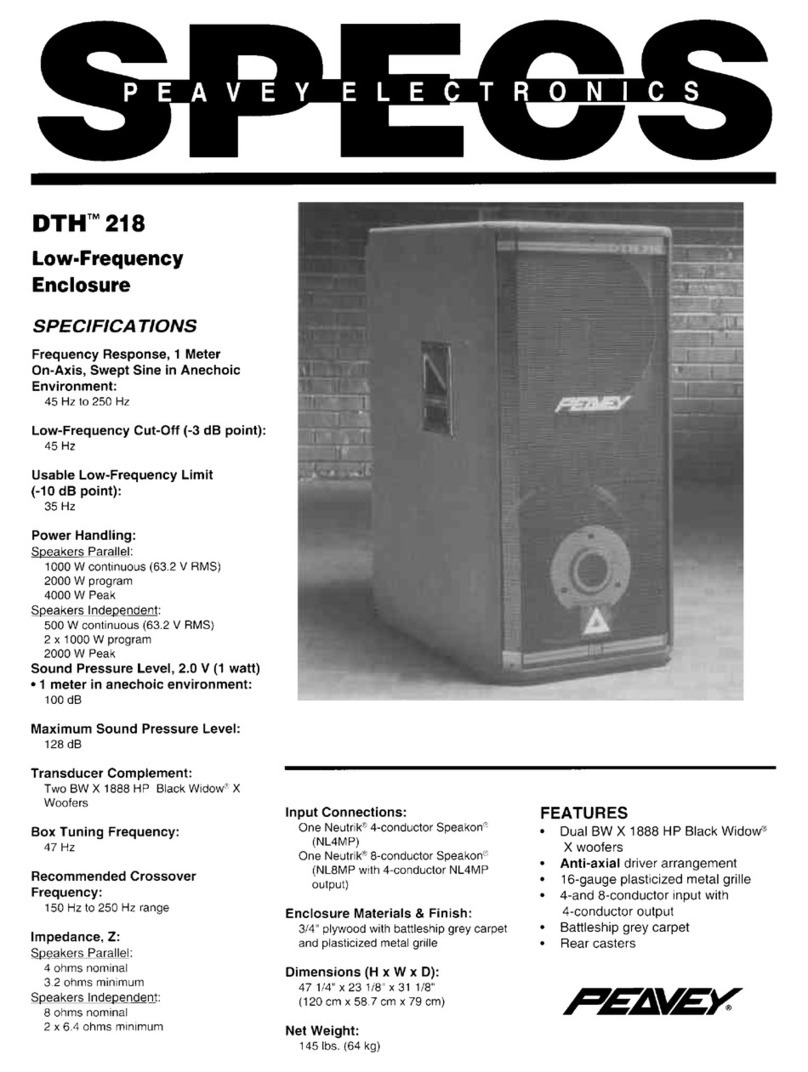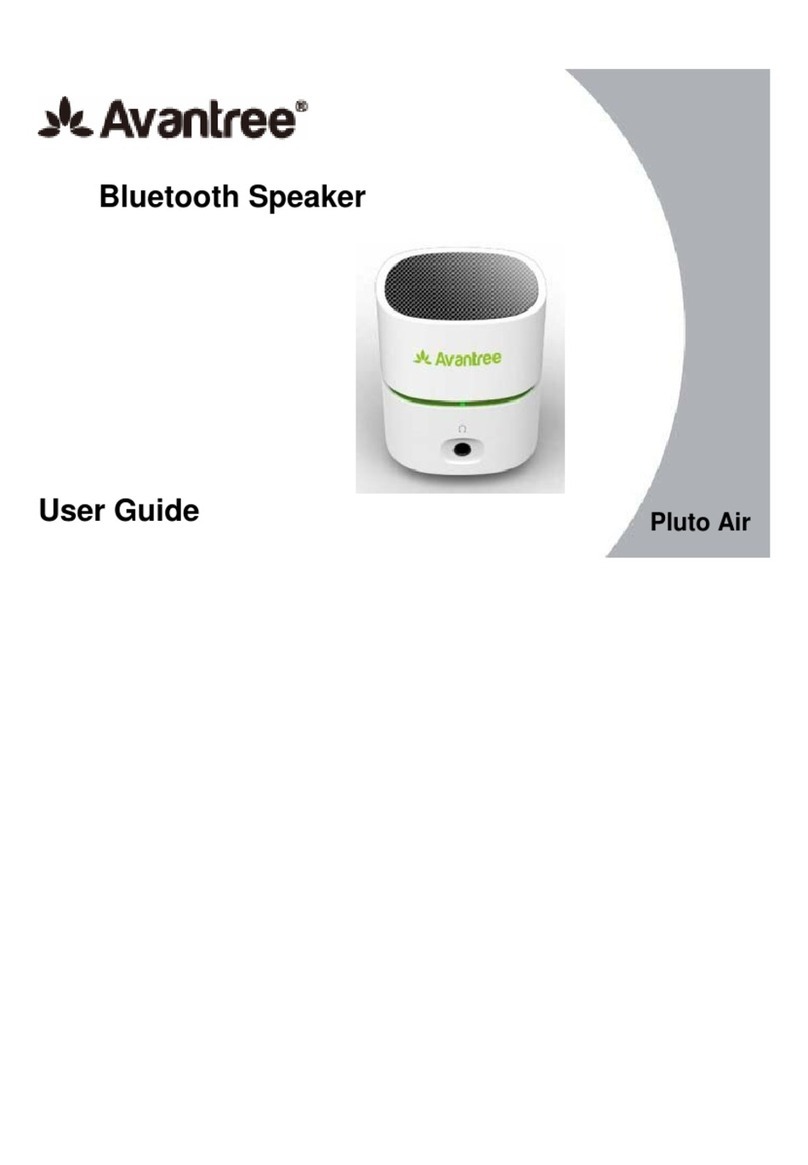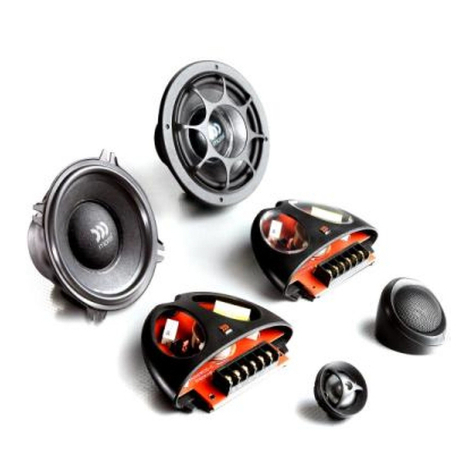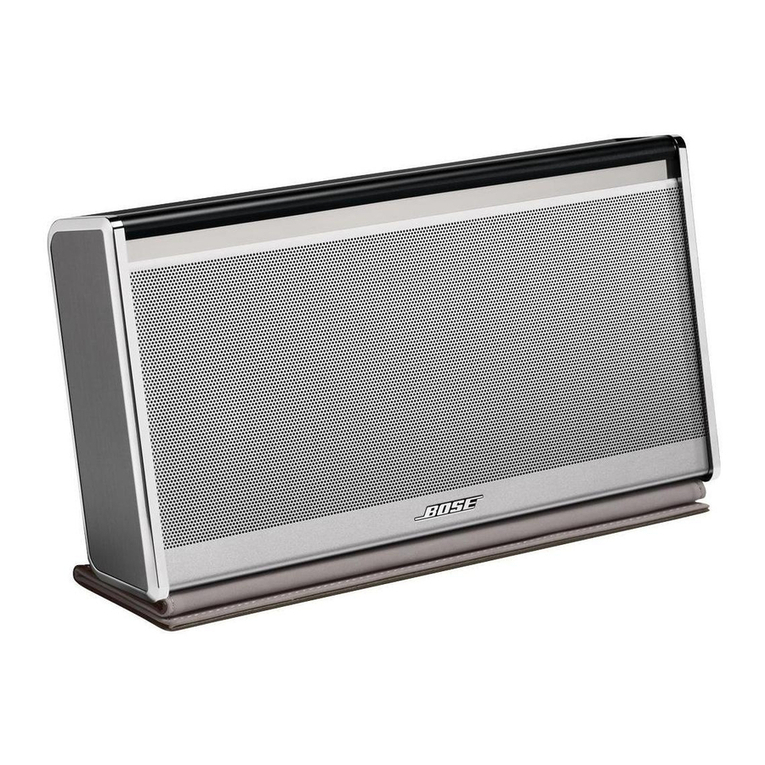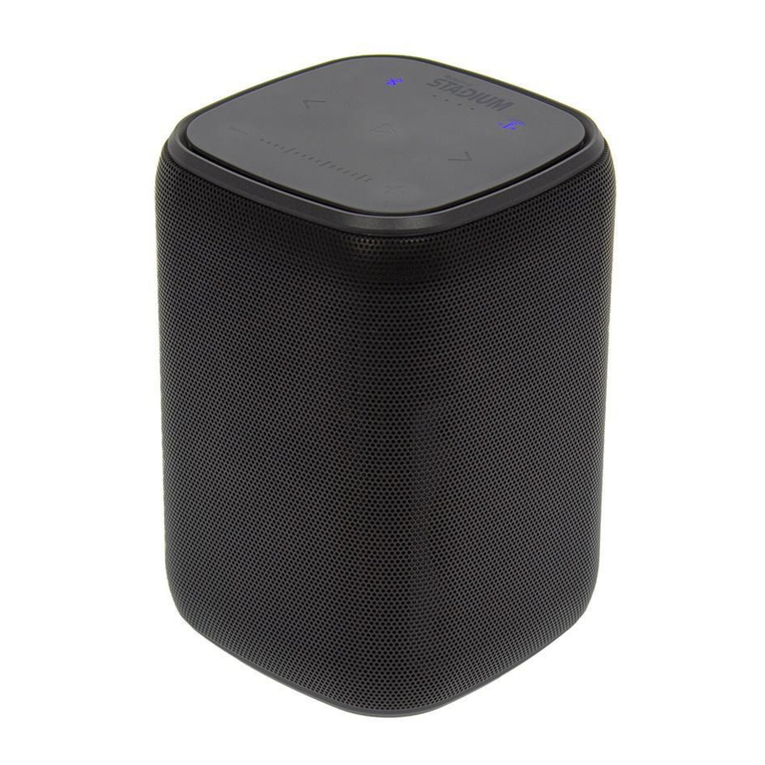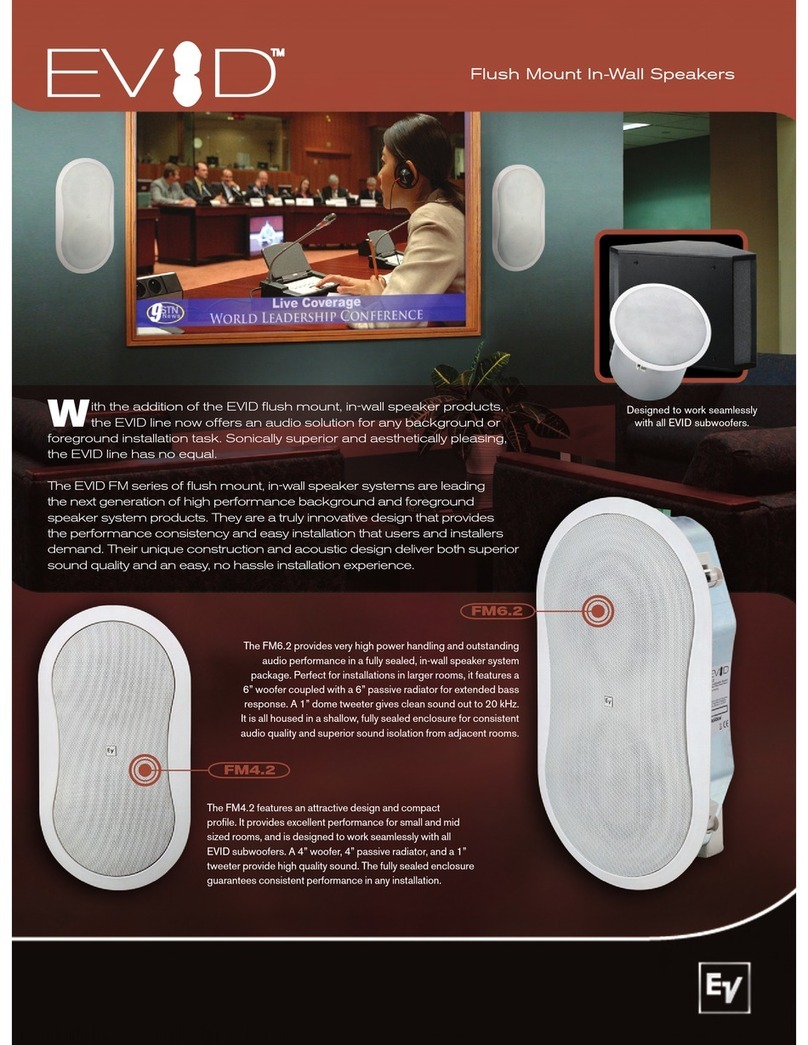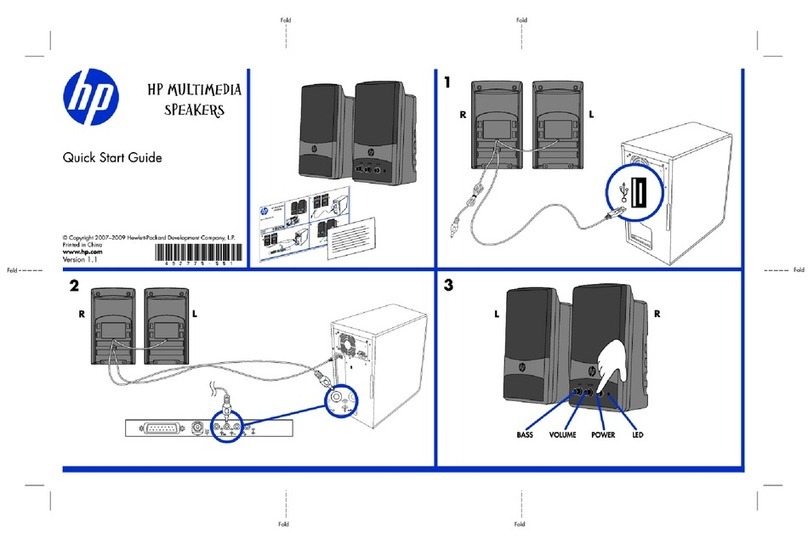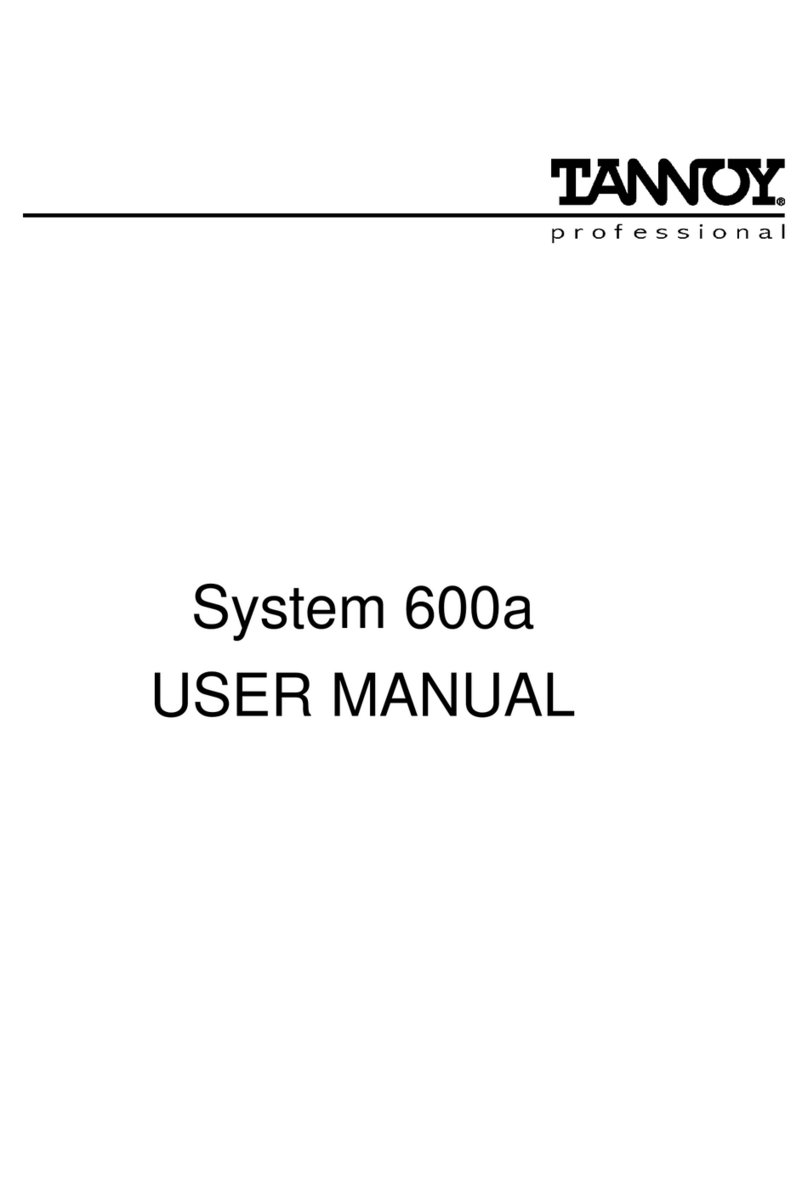www.bowers-wilkins.com
2. CCM7 Series Basics 3. Positioning CCM7 Series Speakers1. CCM7 Carton Contents
CCM7 Series ceiling mount speakers comprise a
bafe carrying the speaker drivers and crossover,
an integrated back-box and front ange, and a
magnetically secured grille. The back box is connected
via external terminals to the speaker cables with the
bafe connecting automatically as it is inserted in the
back box.
CCM7 Series require a ceiling cut-out aperture of
332mm x 332mm (13.07 in x 13.07 in) and a minimum
clear depth of 194.5mm (7.66 in) from the front of the
ceiling surface.
Before installing CCM7 Series speakers you should
ensure that the ceiling locations chosen are free of
obstructions such as pipe work, ducting or wiring that
will interfere with the installation. In existing dry-wall
construction, use a stud-nding tool to help you map
the ceiling construction and a pipe detector to scan the
proposed installation locations.
Some stages of the CCM7 Series installation process
are best carried out by two people working together.
CCM7 Series speaker assembly (bafe, frame/back •
box, grille)
Cut-out template•
Paint mask•
Document pack containing Quick Start Guide and •
Warranty information
Environmental Information
All Bowers & Wilkins products are
designed to comply with international
directives on the Restriction of Hazardous
Substances (RoHS) in electrical and electronic
equipment and the disposal of Waste Electrical
and Electronic Equipment (WEEE). These symbols
indicate compliance and that the products must be
appropriately recycled or processed in accordance
with these directives. Consult your local waste disposal
authority for guidance.
The appropriate position for CCM7 Series speakers
within the listening environment will depend on their
specic application:
General Background Audio Applications
For applications where single CCM7 Series speakers
are required to operate independently to provide
background audio, they can be located substantially as
installation convenience and architecture dictate. The
only acoustic constraint to bear in mind is that corner
locations will result in signicantly emphasised low
frequencies and should be avoided.
Stereo Audio Applications
For applications where a pair of CCM7 Series speakers
is to be used for conventional stereo reproduction, they
should be located between 3m (10 ft) and 5m (16.5 ft)
apart and a similar distance in front of the listening
area. Try to avoid corner locations for the speakers
and to ensure that acoustic environment around each
speaker is similar. The diagram above illustrates this
application.
Note: Different acoustic environments might be,
for example, a bare wall and a heavily curtained
window.
